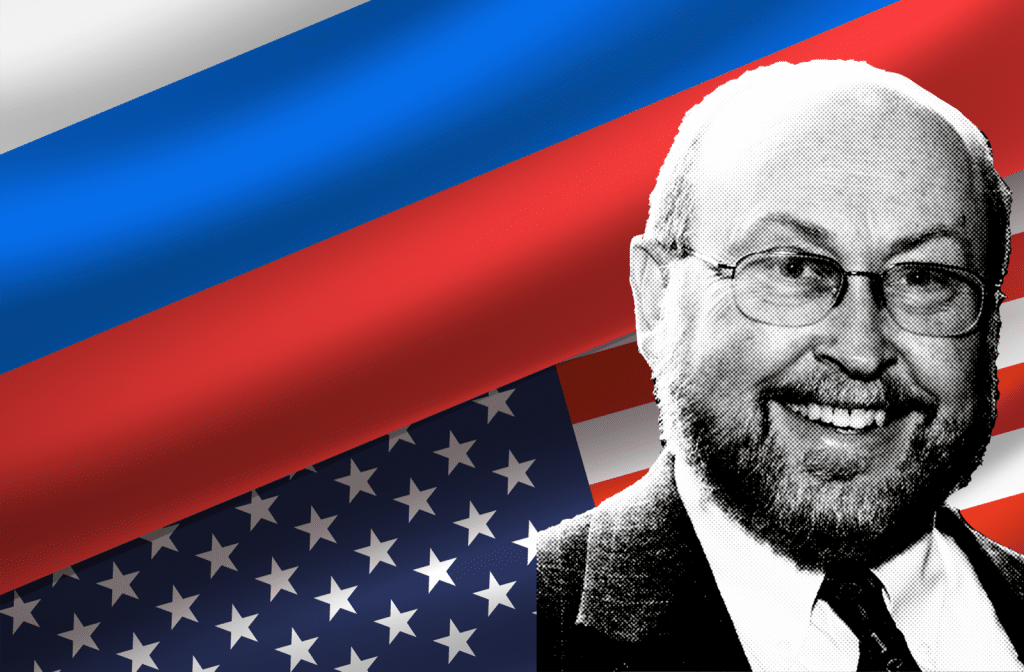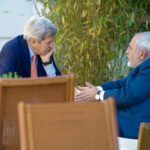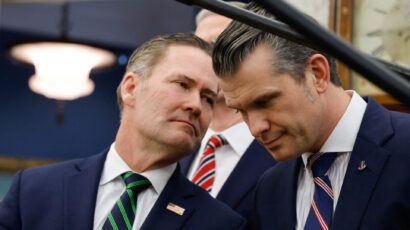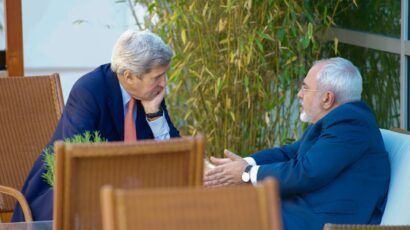Biden to Putin in Geneva: There’s a new sheriff in town.
By Steven E. Miller | June 17, 2021

This article is part of a collection of expert commentaries on the Biden-Putin summit held in Geneva on June 16, 2021. To read other articles in the collection, click here.
No great breakthroughs or dramatic developments were expected at the Biden-Putin summit, and none was achieved. This was simply a first step in establishing the relationship between a new American administration and the long-standing Putin regime in Moscow. The Biden administration’s broad goal was obviously to signal a departure from the instincts and approaches that shaped US policy toward Russia during the Trump presidency. Trump’s bizarre sycophancy toward Vladimir Putin, his willingness to side with Putin against elements of his own government, his unwillingness to confront or even address contentious issues, his indifference toward if not distaste for American allies and values, and his failure to articulate and defend US interests, gave his Russia policy an unprecedented, distinctive, eccentric character. Trump’s own summit with Putin in Helsinki in July 2018 is regarded by all but his ardent supporters as an embarrassing spectacle, a low moment in his presidency.
Putin met a very different American president in Geneva. Biden challenged Russia on the issue of cyberattacks, made clear that the United States would respond in kind to such assaults, and proposed that critical infrastructure be deemed unacceptable as cyber targets. He was outspoken in his championing of human rights and raised the case of arrested Russian dissident Alexey Navalny, even warning of “devastating consequences” for Russia if Navalny should die in detention. He publicly rejected Putin’s efforts to use domestic unrest in the United States as a defense of Russia’s human rights behavior. He expressed concern over the situation in Ukraine, prompting a sharp retort from Putin that it is none of Washington’s business.
It seems that the full range of difficult issues was raised. By all accounts, the tone of the gathering was respectful and constructive, but the message was clear: There is a new sheriff in town. Putin noticed, describing Biden as very different from Trump—experienced, balanced, and professional. Biden’s judgement: “I did what I came to do.”
Biden clearly intended to put down unambiguous markers about American positions in areas of friction or disagreement, but there was also an interest in finding areas of collaboration and cooperation. The most significant opening at Geneva was the agreement to initiate a bilateral Strategic Stability Dialogue aimed at promoting arms control and risk reduction measures. Russian-American arms control has been sputtering for two decades. Most of the arms control infrastructure built up during decades of painstaking negotiation has now been dismantled, with the destruction of agreements reaching a crescendo under Trump. The arms control process, once well-established and regularly employed, has fallen into disuse. Meanwhile, new and difficult issues, driven by evolving military technology, introduce potential instabilities and crowd the arms control agenda. Agreeing to talk solves nothing and all the hard work lies ahead, but the Geneva opening provides the opportunity for a return to serious arms control—all the more important when US-Russian relations are so poor.
A normal summit took place in Geneva. Serious discussions were held. Disagreements were addressed and cooperation was explored. Messages were sent and received. Scandals, gaffes, embarrassments, and eccentric behavior were absent. Signs of a return to a more normal time, and perhaps to a more effective American policy.
This article is part of a collection of expert commentaries on the Biden-Putin summit held in Geneva on June 16, 2021. To read other articles in the collection, click here.
Together, we make the world safer.
The Bulletin elevates expert voices above the noise. But as an independent nonprofit organization, our operations depend on the support of readers like you. Help us continue to deliver quality journalism that holds leaders accountable. Your support of our work at any level is important. In return, we promise our coverage will be understandable, influential, vigilant, solution-oriented, and fair-minded. Together we can make a difference.
Keywords: Biden, Putin, Russia, United States, nuclear weapons
Topics: Analysis, Nuclear Risk, Nuclear Weapons, Opinion















